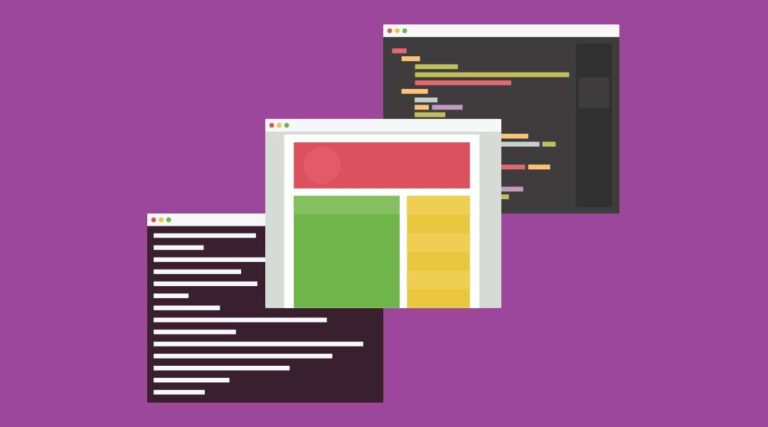
Red Hat OpenShift subscribers who are part of the company’s developer program just got an IDE for creating cloud-native applications.
The project, which just reached general availability status, is called CodeReady Workspaces and can be found in the Red Hat Container Catalogue. Those interested can install it on either the OpenShift Container Platform or OpenShift Dedicated, v3.11 and upwards.
CodeReady Workspaces run inside a Kubernetes cluster, while code, dependencies and artifacts are managed inside OpenShift pods and containers. This setup should free developers from issues they’d normally have to deal with when developing cloud-native applications during the move from development to production systems, since they are basically the same in this case (“Production environments can be replicated into the developer workspaces.”).
The new offering is based on Eclipse Che, a development environment fostered by the Eclipse Foundation, that was first announced in 2014 and can be installed on either a local host or cloud. Codenvy, one of the main contributors to the project, was bought by Red Hat in 2017, which might shed a light on why this approach was chosen.
To those open to a new IDE – everyone has a favourite they don’t want to part with, it’s true – Workspaces offer a web IDE with language tooling, autocompletion, refactoring, debuggers, Git integration and all sorts of other useful stuff. Meanwhile admins will appreciate the idea of a centralised platform to configure developer environments and secure access to source code by, for example, allowing integration with LDAP/AD, and offering permission and team creation capabilities.
One of the main features of both Che and CodeReady are so called factories – templates that consist of a source code’s location, runtime and tooling configuration as well as project commands. Those can be easily shared between team members for collaboration or help with setting up new team members, since it basically offers a pre-configured web IDE to work with.
At the moment CodeReady Workspaces support a number of different technology stacks in different stages of completion. RHEL 7 Java stack with OpenJDK 1.8 and Maven 3.5 as well as the Node.js 8.x stack are fully supported, while the RHEL 8 Beta Java stack is still in beta. Technology previews exist for the following stacks: Vert.x, Java with EAP 7.1, OpenJDK 1.8, and Maven 3.5, Wildfly, RedHat Fuse, Spring Boot, C and C++ developer tools, .NeT 2.0 with .NET Core SDK and Runtime, Go, PHP 7.1, and Python 3.6.
Anyone interested in trying the new offer should also have a look into the known issues of v1.0, since it also offers workarounds for some limitations.
